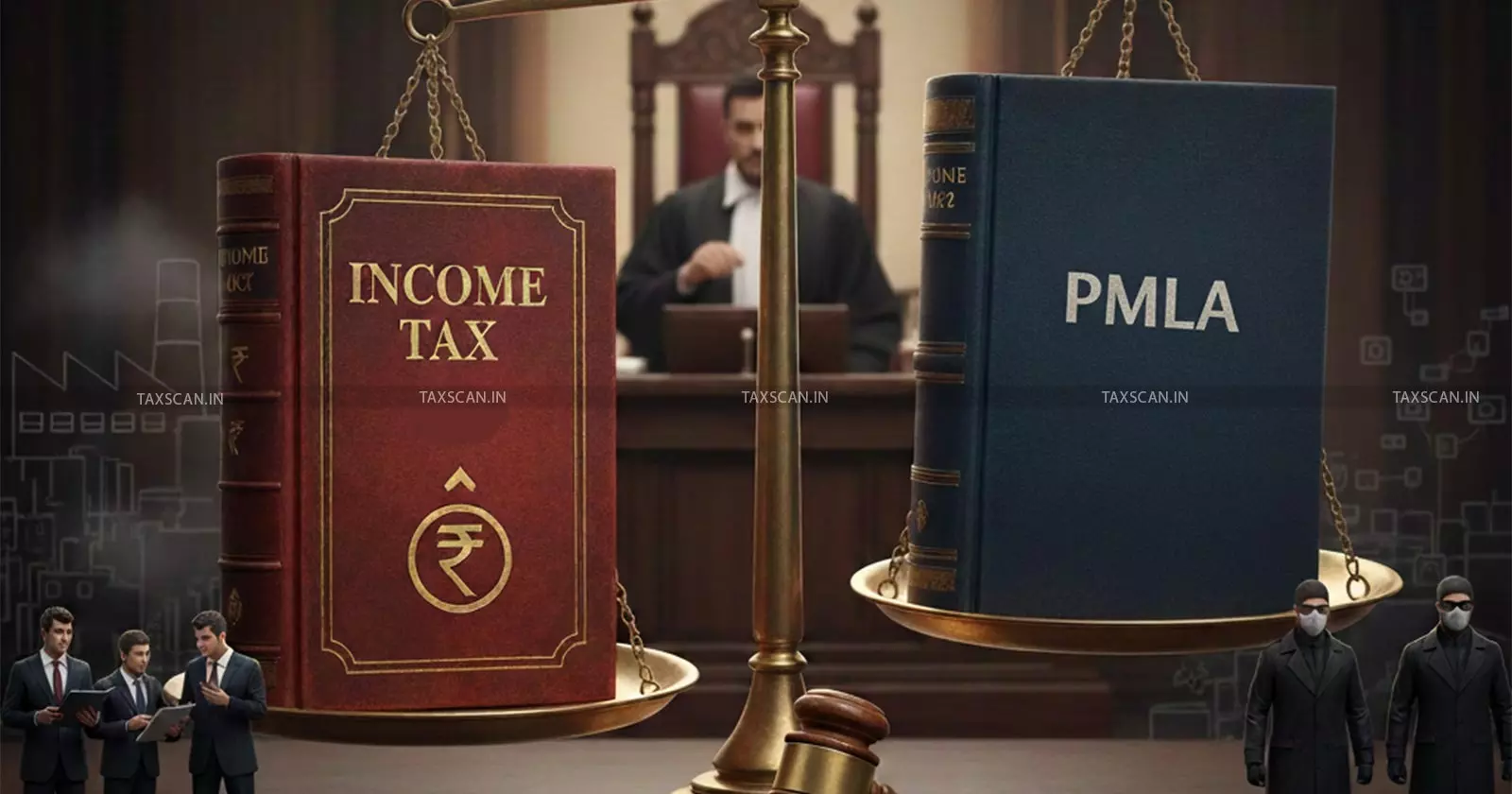Attachment Powers Under the Income Tax Act vs. the PMLA
This article highlights differences in scope, timing, and burden of proof concerning attachment powers under India’s Income Tax Act and the Prevention of Money Laundering Act (PMLA),.

Introduction
The implementation of tax and anti-money laundering laws in India comes with a robust set of legislative tools, with the attachment of property being one of the most critical. The Income Tax Act, 1961 (ITA), and the Prevention of Money Laundering Act, 2002, (PMLA) provide different authorities with attachment powers with respect to assets that are derived from tax evasion or criminal proceeds. However, the nature, scope and implications of these powers under both laws are substantially different. This article explores the attachment frameworks under the ITA and PMLA, and identifies potential legal inconsistencies, criticisms from experts, and the responses from the judiciary.
Attachment Under the Income Tax Act
The attachment of property under the terms of the Income Tax Act is fundamentally a vehicle for the process of tax recovery, directly related to tax assessments. The Income Tax Department has the authority to provisionally attach property to preserve recovery of unpaid tax liabilities, though it is typically undertaken once the assessment proceedings have concluded or are underway. Section 132 provides for the authority to execute search and seizure for collection of evidence for tax evasion. Conversely, it does not provide any broad attachment regime authority.
The ordinary regime of attachment in the ITA is governed by complete procedural safeguards and of course only arises after the necessary, clear tax demand or determination. This is purposeful in that it preserves attachment as a means of protecting revenue interest and avoids creating excessive punitive, punitive or preventive measures. The ITA attachment regime is thus relatively narrowly framed with regard to purpose and aim, and primarily protects revenue recovery, rather than preventative detainment of property.
Comprehensive Guide of Law and Procedure for Filing of Income Tax Appeals, Click Here
Attachment Under the PMLA
The Prevention of Money Laundering Act grants the Enforcement Directorate (ED) comprehensive and preventive attachment powers for the seizure of property viewed as "proceeds of crime". Section 5 of the PMLA authorizes provisional attachment of property pre-trial for 180 days, which can be extended to 365 days, for the purposes of deterrence of any disposition or non-local transfer that might impede forfeiture.
The attachment power under PMLA also extends to foreign equivalent value property, demonstrating the international aspiration of the statute to confront money laundering. The attachment authority under the PMLA is encumbered by strict procedural requirements, as authorities are required to record their reasons and that authorities have sufficient evidence to associate attached property to criminal activity.
An accused person under PMLA faces a significantly different burden than under the ITA, as the accused is mandated to establish the legitimacy of their attached property. Notably, and unlike the ITA, the attached property does not transfer ownership to the government until there is a confiscation pursuant to judicial order after due process.
Comparative Analysis of Attachment Powers
| Aspect | Income Tax Act | PMLA |
| Basis of Attachment | Linked to tax liability and recovery | Preventive attachment of proceeds of crime |
| Timing | Post-assessment and tax demand | Pre-trial, provisional attachment for preventing asset flight |
| Duration | Until tax is recovered or order lifted | Up to 365 days (extendable), then confiscation possible |
| Geographic Scope | Domestic properties only | Domestic and foreign properties (equivalent value principle) |
| Burden of Proof | On tax authority to establish dues | On accused to show innocence of proceeds |
| Effect | Provisional control for recovery only | Immobilization of asset, no ownership unless confiscated |
Conflict in Law
The overlapping powers of attachment of the Income Tax Act (ITA) and the Prevention of Money Laundering Act (PMLA) have given rise to nuanced legal controversies, including cases involving authorities engaging in parallel asset attachments with overlapping facts.
Understanding Common Mode of Tax Evasion with Practical Scenarios, Click Here
The Supreme Court in Manish Kumar v. Union of India (2021), held that while the PMLA and insolvency proceedings under the Insolvency and Bankruptcy Code (IBC) are operating in different compartments, the order of attachment under the PMLA cannot override the statutory moratorium for the Corporate Insolvency Resolution Process (CIRP). This highlights the importance that statutory regimes protect asset attachment by PMLA authorities in a similar vein with the ITA authorities to avoid incongruous enforcement actions.
In addition, we should note that the powers of the Enforcement Directorate (ED) to provisionally attach under the PMLA should be exercised proportionately and confined to the value of proceeds of crime associated with predicate offences. At the same time, the ED cannot readily attach properties that are not related to predicate offences, which would unreasonably restrain attachment actions that will prejudicially affect bona fide third parties like legitimate creditors, or financial institutions.
Conclusion
The powers of attachment under the Income Tax Act and PMLA differ fundamentally in intent and legal architecture of recovery against crime prevention. The resulting juxtaposition of jurisdiction and procedures will ultimately lend itself to legislative clarity and judicial interpretation for a balanced approach to enforcement that protects an individual taxpayer's constitutional rights and property interest. Greater collaboration amongst agencies and due process will enhance effective asset recovery and enforcement in a manner that does not cause undue hardship to the innocent taxpayer or third parties.
Support our journalism by subscribing to Taxscanpremium. Follow us on Telegram for quick updates


